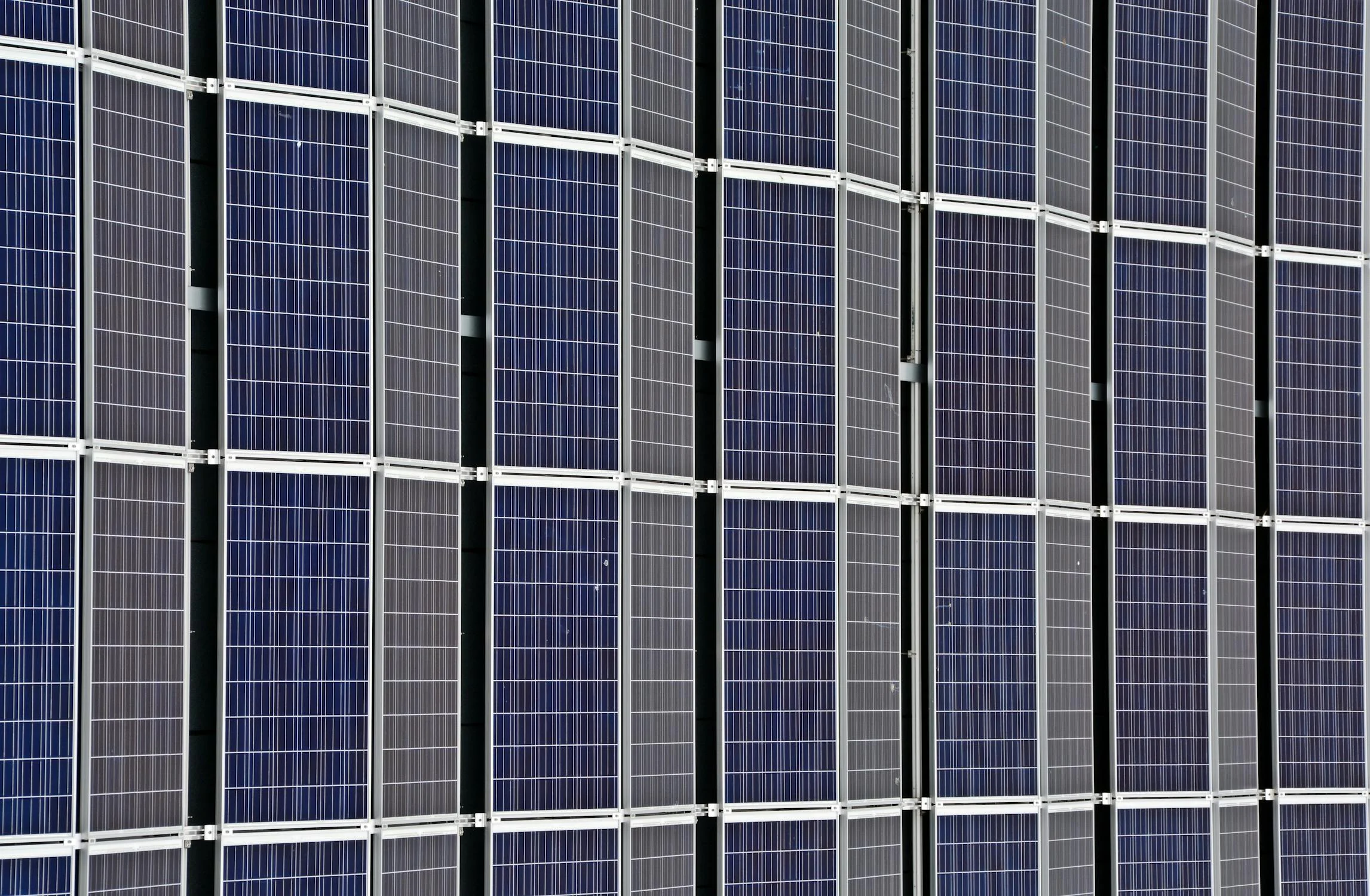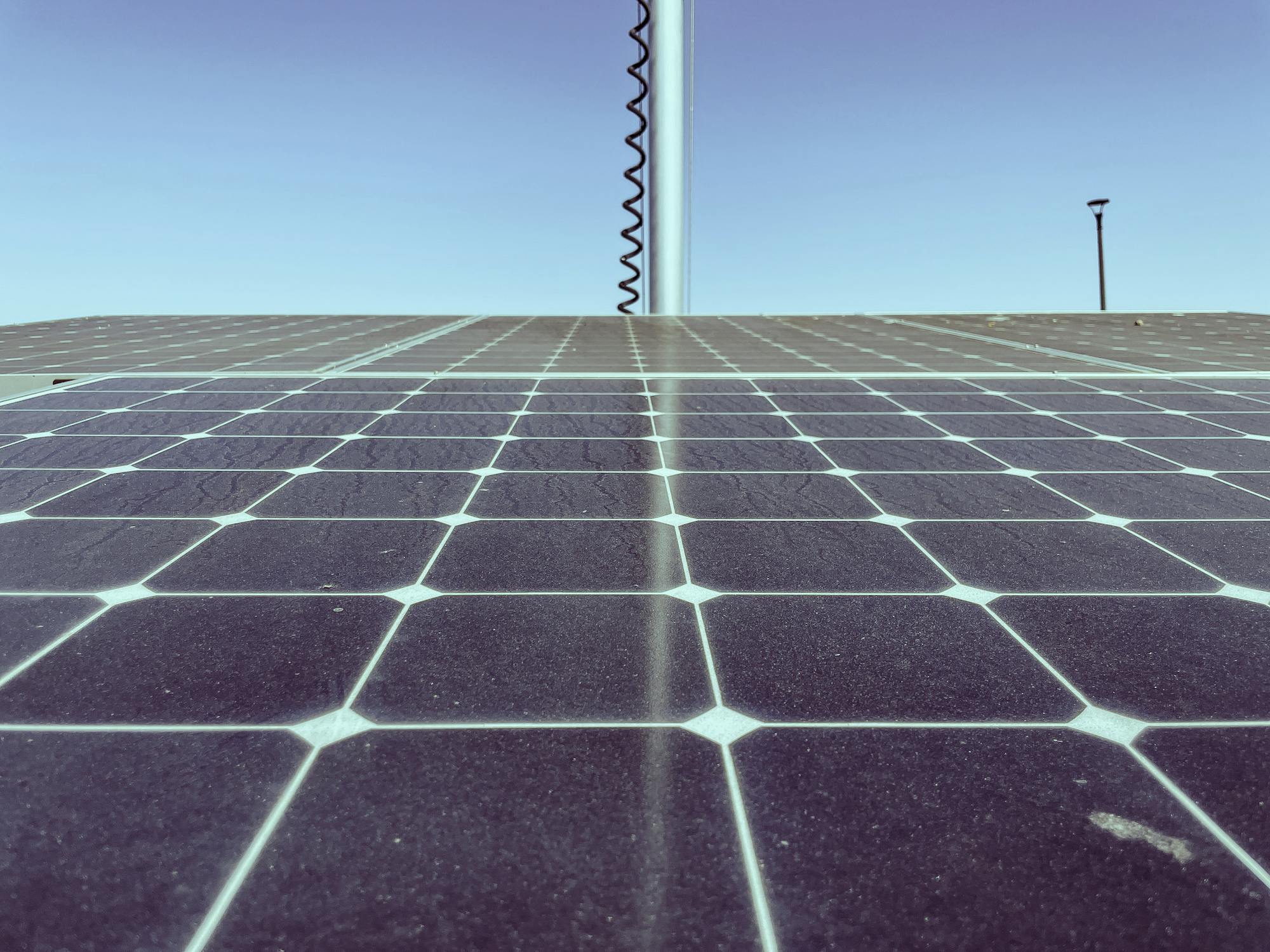
Solar panels : a never-ending source of energy
“Solar power is the last energy resource that isn’t owned yet – nobody taxes the sun yet”.
Bonnie Raitt
They cover the roofs of many households and the surface of many farms. The main purpose of solar panels is to supply us with clean, sustainable energy (thermal or electrical). How do they work ? What are their advantages ? Are solar panels and photovoltaic panels the same thing ? The answers to all these questions are in this article.
How do solar panels work?
Their purpose ? To harness the sun’s rays and transform them into electrical energy to meet the electricity needs of many households.
But how ? Good question. A solar panel is made up of cells and an inverter. The cells capture the photons emitted by the sun. This operation generates direct current throughout a home’s installations. The inverter then transforms the direct current into alternating current, powering your electrical appliances.
Advantages of solar panels
Solar panels offer many advantages. Not only do you benefit from optimal comfort and unprecedented energy autonomy, but you also help protect the environment from the effects of climate change.
Because solar panels use sunlight to operate, you’re helping to create an eco-responsible energy solution for the planet.
Another advantage of installing solar panels is the cost of energy consumption. It’s true that the energy bill for a home where energy is mainly produced by burning fossil fuels will be twice as high as that for a building that has opted for renewable energies (solar panels, for example).
Solar panels and photovoltaic panels: are they the same?
Many of you confuse solar panels with photovoltaic panels. However, there are a few nuances and differences to bear in mind. Here they are :
The purpose of a solar panel is to convert the sun’s energy into heat. Households with solar panels at home can benefit from domestic hot water and, in some cases, use it for home heating. A photovoltaic panel, on the other hand, simply converts the sun’s energy into electricity.
What are the different types of solar panels ?
Generally speaking, there are three types of solar panel (photovoltaic and thermal):
Photovoltaic : responsible for electricity production, they come in three types (monocrystalline, polycrystalline and thin-film).
Thermal : responsible for heat production, they come in a variety of forms: flat-plate, tubular, air-cooled, evacuated or unglazed.
Hybrids : as their name suggests, this type of panel combines the production of domestic hot water and electricity.


